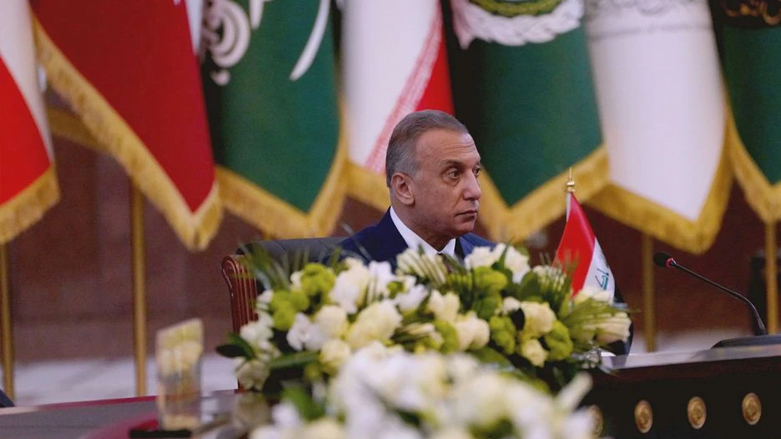Iran-backed militia behind assassination attempt on Iraqi PM: report

ERBIL (Kurdistan 24) – At least one of the Iran-backed Asa'ib Ahl al-Haq and Kata'ib Hezbollah armed groups were behind the attempted assassination of Iraq's prime minister Sunday, Iraqi security officials and militia sources have told the Reuters news agency.
Three explosive-laden drones struck Prime Minister Mustafa al-Kadhimi's residence in the heavily fortified Green Zone in the Iraqi capital of Baghdad. World leaders strongly condemned the attack, with the US offering to assist Iraq's security forces with the investigation.
Related Article: Joe Biden, world, regional, local leaders condemn attack on Iraqi PM
Kadhimi stated Sunday that he knows the perpetrators of the attack and affirmed his government would "expose them."
The attempted assassination comes as political representatives of pro-Iran militias, which had a poor showing during last month's parliamentary elections, dispute the poll results, with violent protests taking place outside the Green Zone on Friday.
Reuters cited one Iraqi security official as saying that the drones used in the attack were of the "quadcopter" type and that all three carried explosive projectiles capable of damaging buildings and armored vehicles.
The drones were of the same make as those used to attack US forces in Iraq in 2021, the official added. Washington has blamed Iran-aligned militias, including Kata'ib Hezbollah (KH) and Asa'ib Ahl al-Haq (AAH), for assaults on facilities housing American and coalition troops.
The news agency added that Tehran had not responded to requests for comment on the issue.
Two Iraqi security officials and three sources close to Iraq's Shia militias said the attack was carried out by at least one of AAH and KH. One militia source stated that KH was indeed involved but could not confirm AAH's role.
Neither of these groups has commented on the accusations, and no other entity has claimed responsibility for the attack.
Both AAH and KH have alleged fraud in the election last month, during which Shia cleric Muqtada al-Sadr came out as the biggest winner. Sadr has positioned himself as an opponent to the Iran-backed militias and foreign interference in Iraqi affairs.
Reuters also cited the sources and independent analysts as saying that Iran is "unlikely to have sanctioned the attack as Tehran is keen to avoid a spiral of violence on its western border."
Esmail Qaani, the commander of Iran's Quds Force--the Islamic Revolutionary Guard Corps (IRGC) branch responsible for Tehran's extraterritorial operations--, was reportedly in Iraq on Sunday to meet allied militia leaders and urge them against further escalation.
